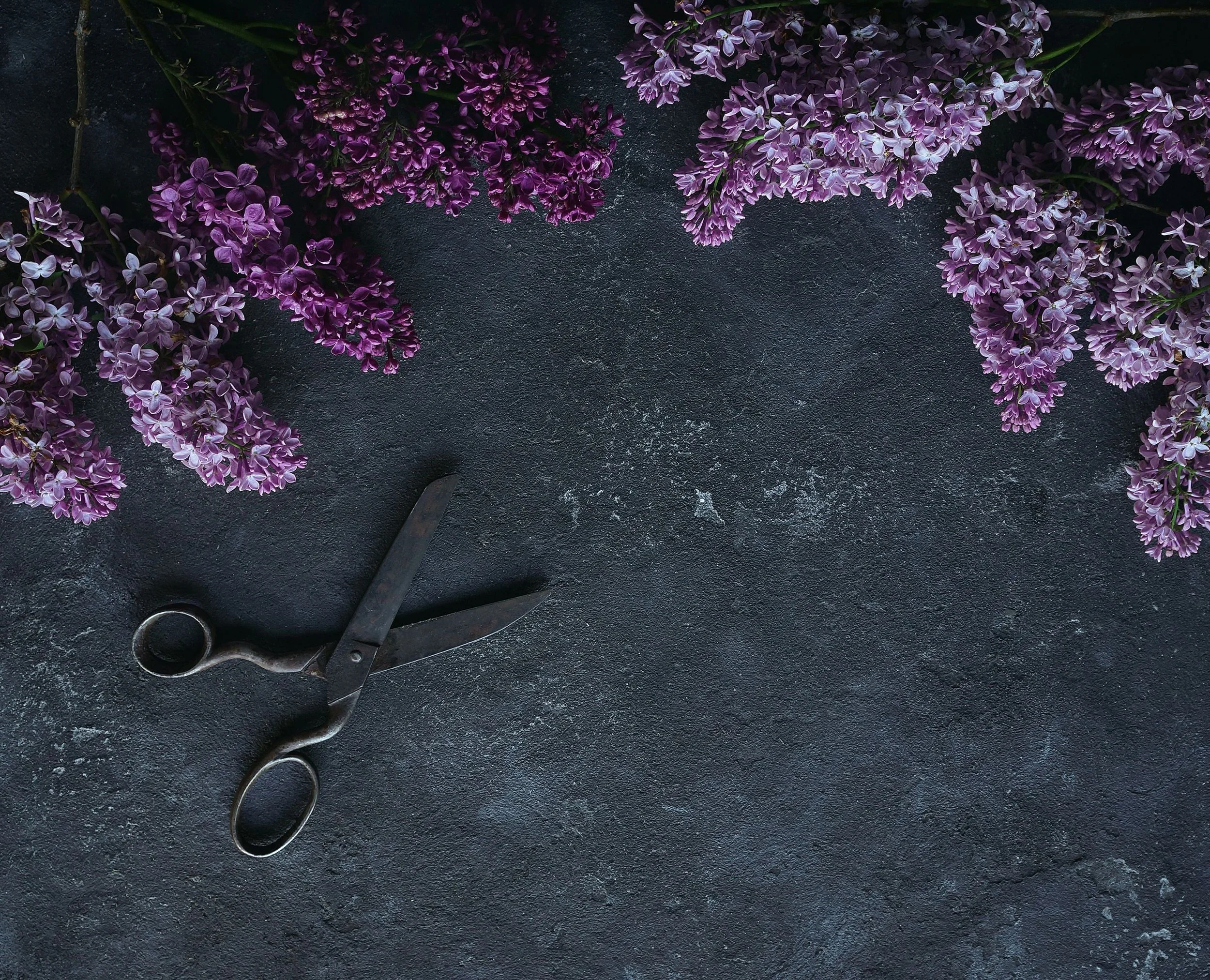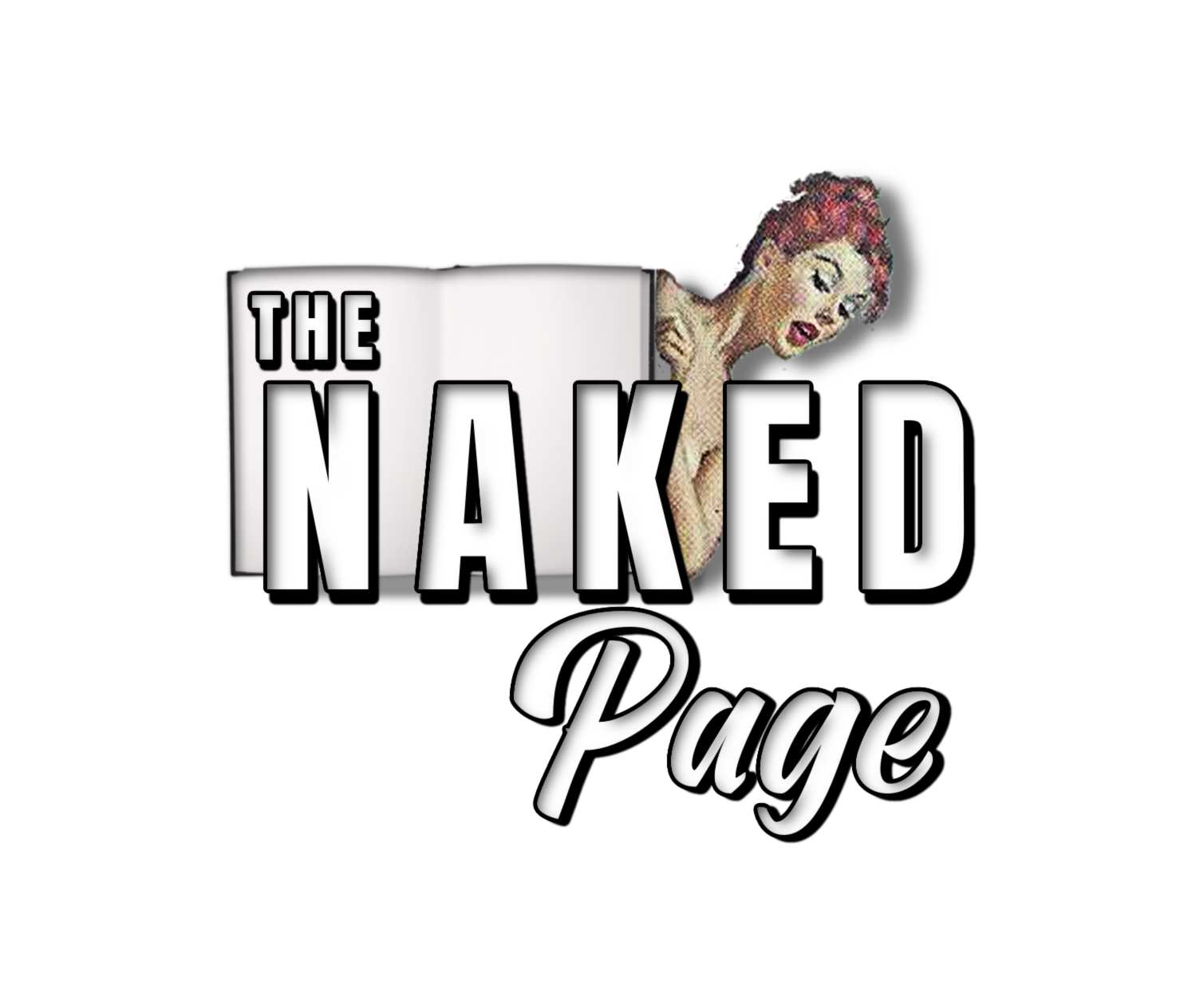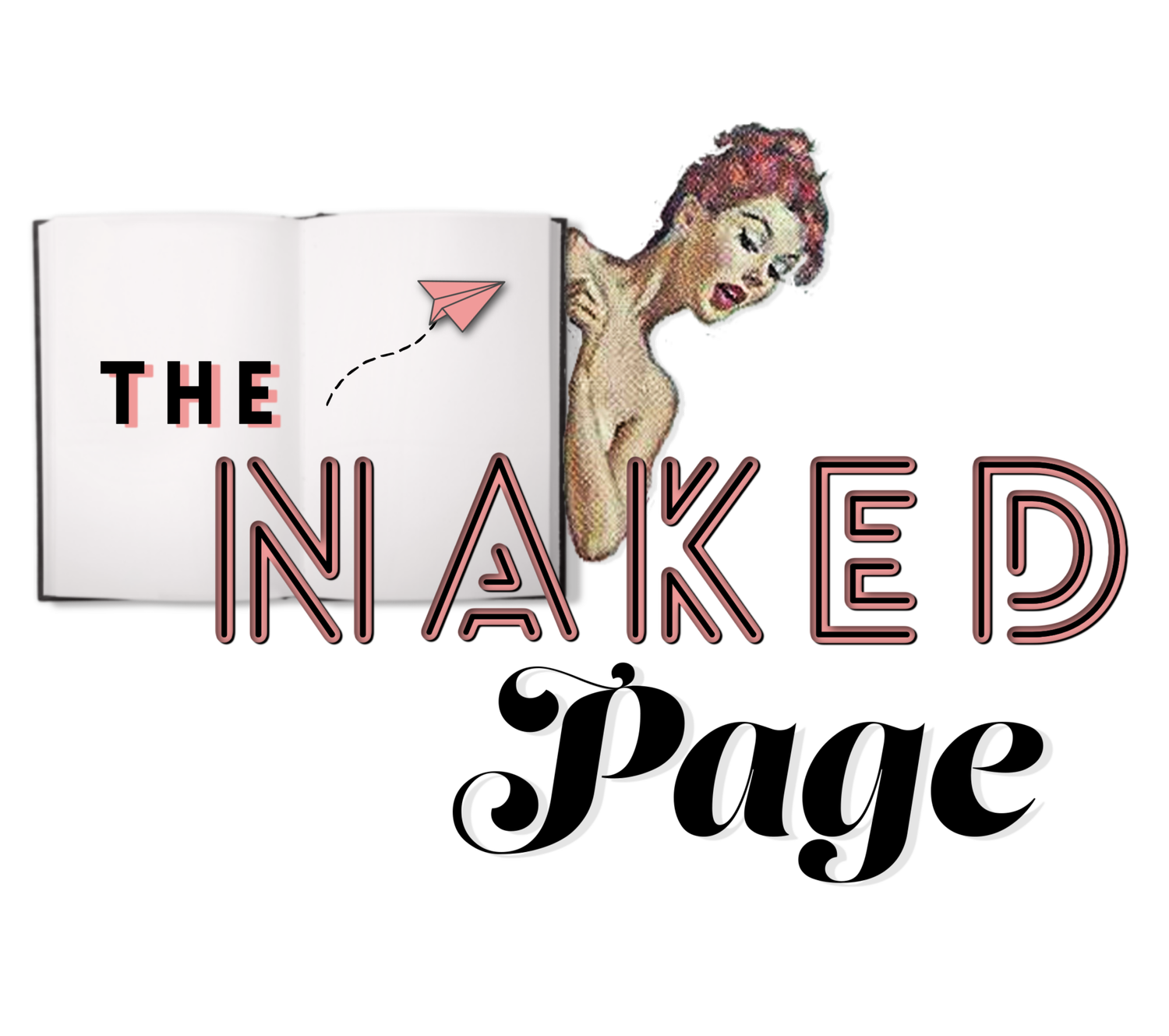
Writing Opportunity
#3
Learn to Love the Dreaded Editing Process
Is there anybody on the face of the planet who actually likes to edit?
**Raises hand and meekly says, “I do.”
Yep, I’m a rare breed. I know most writers see the editing process as the last circle in Dante’s Hell. But you don’t have to journey through Hades to learn self-editing. If you’ve come this far in your writing, you can learn to love the dreaded editing process.
One of my biggest goals in life is to share self-editing secrets with writers so they, too, can fall in love with the revision process. You see, self-editing is where you get to be an immensely creative artist.
When I’m talking about editing here, I’m mostly referring to developmental editing. Big shifts in story structure. I’m not so much talking about proofreading, although I’m learning to love proofing, too. (Maybe one day.)
If you haven’t yet developed a love affair with editing, you will. I believe self-editing is where real writing begins. It’s where you get to decide what ideas are most important and how to give your story a shape.
Let’s start with one activity to help you kick off your developmental editing adventure. This one’s so simple.
Storytime:
My father, a PR guy, who once wrote for newspapers and corporations, had a friend eager to pen an article for a trade journal. My dad’s buddy was an intelligent guy but he had never been published before. He wrote his first piece and asked my dad for some feedback.
What was my father’s editing advice? (It’s so basic. You’ll be amazed.)
He said, “It’s not bad. But the first thing you should do is cut it in half.”
What?! Cut his baby in half?
I know that’s what it must have felt like. But hear me out on this one. His only suggestion to his friend was to cut his word count down by half. That didn’t mean he wanted his friend’s writing to lose anything significant or juicy. This isn’t a “kill your darlings” moment, I promise.
He wanted his pal to harness the power of his message. And he knew this would only happen by cutting out all the superfluous stuff. In the end, his friend would be forced to get to the heart of his article.
So his friend got to work. And he reduced the word count by roughly half. Not only did he get the article published, but today he’s a working author with many novels under his belt—several award-winning ones, too.
Now back to you.
Your first editing challenge—if you dare take me up on it—is to find your favorite short piece of writing and cut it in half. Pick a piece you really love but know needs some work. You’re going to trim that sucker down by half its word count.
If you’ve got a 4,000-word messy essay, your aim is to cut the word count down to 2k. If it’s a 1,000-word essay, get that baby to around 500 words.
How?
That’s the big question, isn’t it? I said this first editing opportunity would be simple, I didn’t say easy.
Get creative.
And remember this isn’t an exact science. You’ve got to play with your ideas.
Here are a few suggestions:
Chop unnecessary adverbs.
Pick up the pace with action verbs instead of using passive voice.
Try transforming your sentences into more succinct ones—shorter and more powerful statements with purpose.
Cut prepositional phrases.
Stick in some dialogue instead of explaining everything.
Don’t go heavy on the exposition. Try interjecting only what’s needed in your backstory to eliminate confusion.
One quick tip: Make a copy of your favorite story. Edit only the copy.
This will settle your nerves about ripping apart your best creation. You can always revert back to the original if you feel like you’ve cut too much. But I can assure you that rarely happens when you read the revised masterpiece.
Challenge yourself. In what ways can you revise your story so you end up with a shorter, more enthralling piece of writing?
Let the Cutting Begin.
Want more?
Get your copy of Burn Your Journal for just $4.97 on Amazon and develop your own scorching hot writing practice!
Or get inspired to write by subscribing to my Substack newsletter Running Away From My Problems.
You can also add your email to be the first to learn about new writing guides, classes, and bonus content from The Naked Page.


